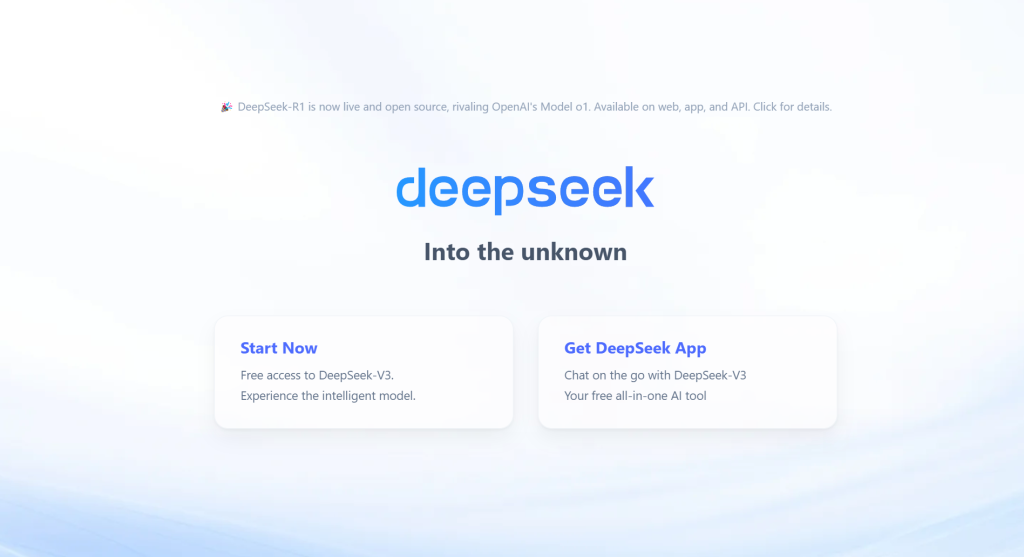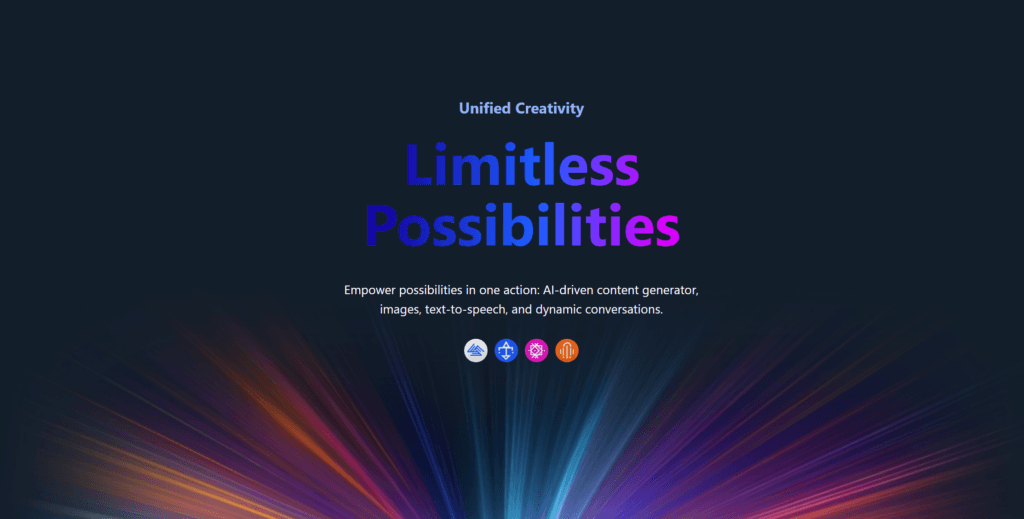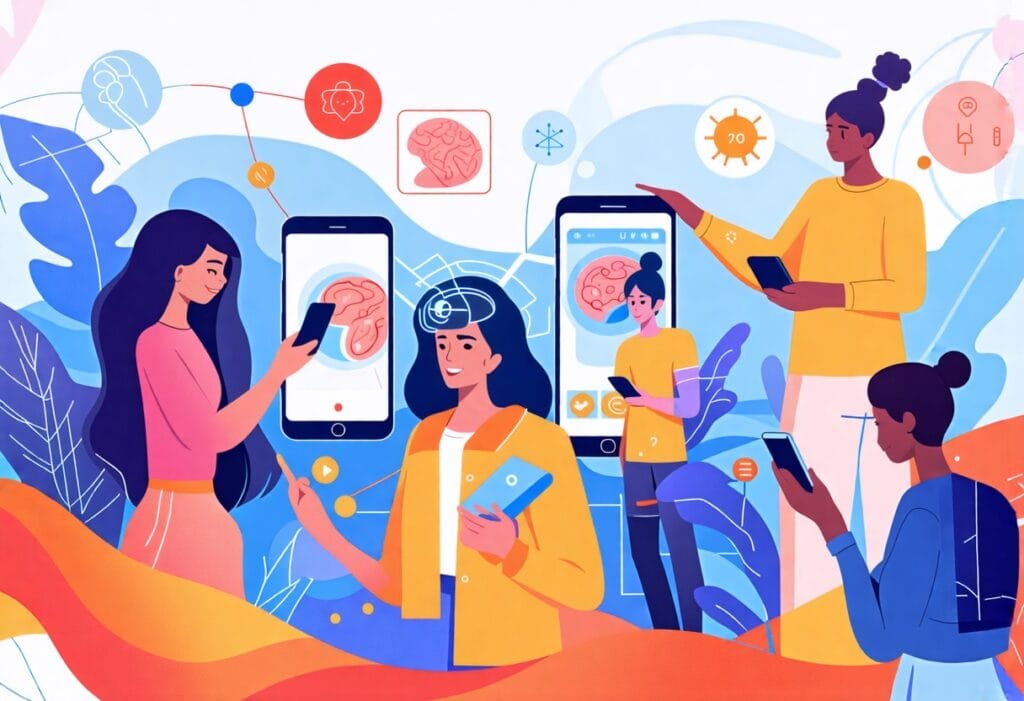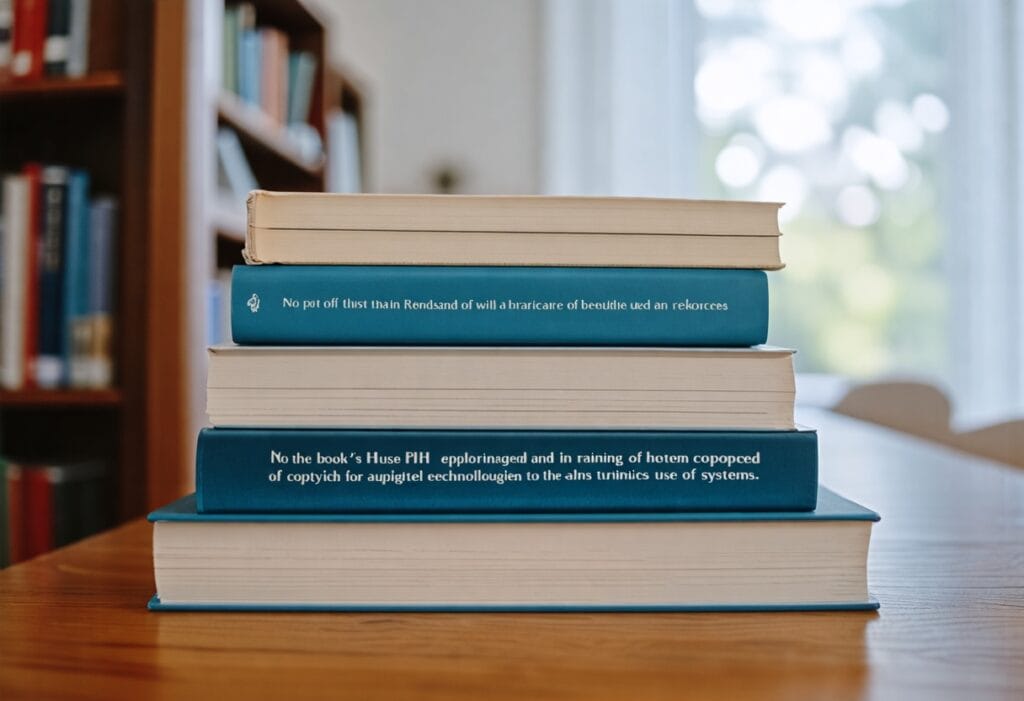Exploring the SEA-LION Collaboration: Advancing AI for Southeast Asian Languages

Exploring the SEA-LION Collaboration: Advancing AI for Southeast Asian Languages
In an exciting development for the field of artificial intelligence, Sony Research and AI Singapore are joining forces to spearhead research on the SEA-LION family of large language models (LLMs). This innovative collaboration aims to enhance AI’s proficiency in processing and understanding the diverse languages spoken across Southeast Asia, a region known for its linguistic richness with more than a thousand languages. The SEA-LION initiative, which stands for Southeast Asian Languages In One Network, is set to make strides in improving the accessibility and accuracy of AI tools for millions of speakers. With a particular focus on Tamil—a language used by approximately 60-85 million individuals globally—this partnership promises to bridge the gap in technological representation for regional languages. By harnessing expertise in both language processing and cultural nuances, Sony and AI Singapore are poised to push the boundaries of multilingual AI technologies, fostering inclusivity and innovation in the digital age.
Understanding the Significance of the SEA-LION Collaboration
The partnership between Sony Research and AI Singapore is more than just a technical endeavor; it symbolizes a broader commitment to addressing the needs of underrepresented linguistic groups. Southeast Asia, known for its unique cultural tapestry, boasts languages that often lack adequate representation in technology. This collaboration marks a pivotal step in creating AI tools that not only function effectively but also resonate with the cultural contexts of the speakers.
Addressing Linguistic Diversity in Southeast Asia
The region’s linguistic diversity is staggering, with over a thousand languages spoken across its countries. This creates significant challenges for AI systems, which have predominantly focused on widely spoken languages like English, Mandarin, and Spanish. The SEA-LION initiative aims to address these gaps by focusing on developing LLMs that are capable of understanding and generating content in multiple Southeast Asian languages, thereby promoting inclusivity and facilitating communication across different communities.
Focus on Tamil: Bridging Cultural Gaps
Tamil stands out in the SEA-LION initiative due to its substantial number of speakers, estimated between 60-85 million worldwide. This focus underscores the recognition of Tamil not just as a language but as a vessel of rich cultural heritage. By enhancing AI’s capabilities in Tamil, the partnership seeks to improve access to information and resources for Tamil speakers, ultimately empowering a demographic that has traditionally been marginalized in the digital landscape. The integration of Tamil language processing into the SEA-LION framework can pave the way for more culturally nuanced AI applications.
The Technical Aspects of the SEA-LION Project
At its core, the SEA-LION initiative involves the development of advanced large language models that can process complex linguistic structures and cultural references inherent in Southeast Asian languages. This will require a multi-faceted approach, incorporating advancements in natural language processing (NLP), machine learning algorithms, and extensive data collection involving native speakers. The collaboration intends to utilize Sony’s expertise in speech recognition and content generation while leveraging AI Singapore’s insights into local language dynamics. Together, this partnership aims to create LLMs capable of nuanced understanding across a multitude of contexts.
Testing and Refining the SEA-LION Models
An essential component of the SEA-LION project is the iterative process of testing and refining the language models. By employing real-world testing scenarios and engaging with Tamil speakers, the teams will gather data to inform improvements. This feedback loop ensures that the models do not merely function in an abstract sense but actually meet the needs of end users. The drive towards continual refinement will help the models adapt to evolving language use and cultural shifts, making them more relevant and useful.
Impact on Technology Inclusivity and Accessibility
The SEA-LION initiative is poised to significantly enhance technology inclusivity across Southeast Asia. By focusing on developing high-performance AI tools that support a diverse set of languages, the project aims to break down barriers to information access. For instance, businesses in Southeast Asia can leverage these language models to reach wider audiences and interact with consumers in their native tongues, thus fostering stronger relationships. Moreover, tools powered by SEA-LION can assist in education, healthcare, and governmental services, ensuring that essential information is accessible to all citizens.
Collaborative Innovation and Research Opportunities
This collaboration also opens the door to numerous research opportunities within the field of AI. By teaming up, Sony Research and AI Singapore can foster a culture of innovation that not only focuses on the Southeast Asian context but also has implications for multilingual AI research globally. The findings and advancements achieved through SEA-LION can inform future projects across various regions where linguistic diversity presents similar challenges.
Future Prospects of the SEA-LION Initiative
Looking ahead, the SEA-LION collaboration holds promise for not only enhancing AI capabilities but also for driving socio-economic growth within Southeast Asia. As AI technologies improve their language processing abilities, businesses can unlock new market opportunities and foster engagement in their communities. Furthermore, this project signifies a shift towards recognizing the importance of maintaining and celebrating linguistic diversity in an increasingly globalized world. Through continuous learning and adaptation, the SEA-LION initiative could set a benchmark in how technology interacts with language in culturally sensitive ways.
The Role of Ethical Considerations
In a field where technology impacts daily lives, ethical considerations are paramount. The collaboration is deeply rooted in the principles of responsible AI. By ensuring that the language models being developed are fair, transparent, and representative of diverse cultural contexts, the SEA-LION initiative aims to build trust among users. With stakeholders actively participating in the ethical discussions surrounding AI development, the initiative endeavors to prioritize safety and cultural sensitivity in its models.
Conclusion: A Paradigm Shift in AI Language Processing
The partnership between Sony Research and AI Singapore on the SEA-LION project exemplifies a significant shift in the AI landscape towards inclusivity and representation. By targeting the multilingual complexities of Southeast Asia, this initiative not only aims to advance AI technology but also to serve as a model for future collaborations aimed at meeting the unsatisfied needs of linguistic communities worldwide.
Embracing Diversity Through Technology
The SEA-LION collaboration highlights the transformative potential of artificial intelligence in addressing linguistic diversity and promoting inclusivity in Southeast Asia. By developing advanced language models tailored to the rich tapestry of languages in this region, this initiative seeks to empower speakers of underserved languages, particularly Tamil. As AI continues to innovate, the focus on cultural sensitivity and ethical considerations ensures that technological advancements resonate deeply with the communities they serve.
Driving Socio-Economic Growth
Apart from enhancing communication, the SEA-LION project signifies a broader socio-economic impact by creating opportunities for businesses and improving access to essential services. As organizations adopt these sophisticated AI tools, they will connect with their audiences in more meaningful ways, fostering engagement and trust. The initiative serves as a vital reminder of the importance of linguistic representation in a globalized economy.
Setting a Global Standard
Ultimately, the SEA-LION initiative lays the groundwork for future research and innovation in multilingual AI, setting a global standard for inclusivity in technology. Through ongoing collaboration and commitment to ethical practices, the partnership aims to inspire similar projects worldwide, ensuring that no language is left behind in the digital age. As the SEA-LION family of AI models continues to evolve, it promises to lead the way toward a future where technology and language intertwine harmoniously, enriching the human experience for all.















































































































